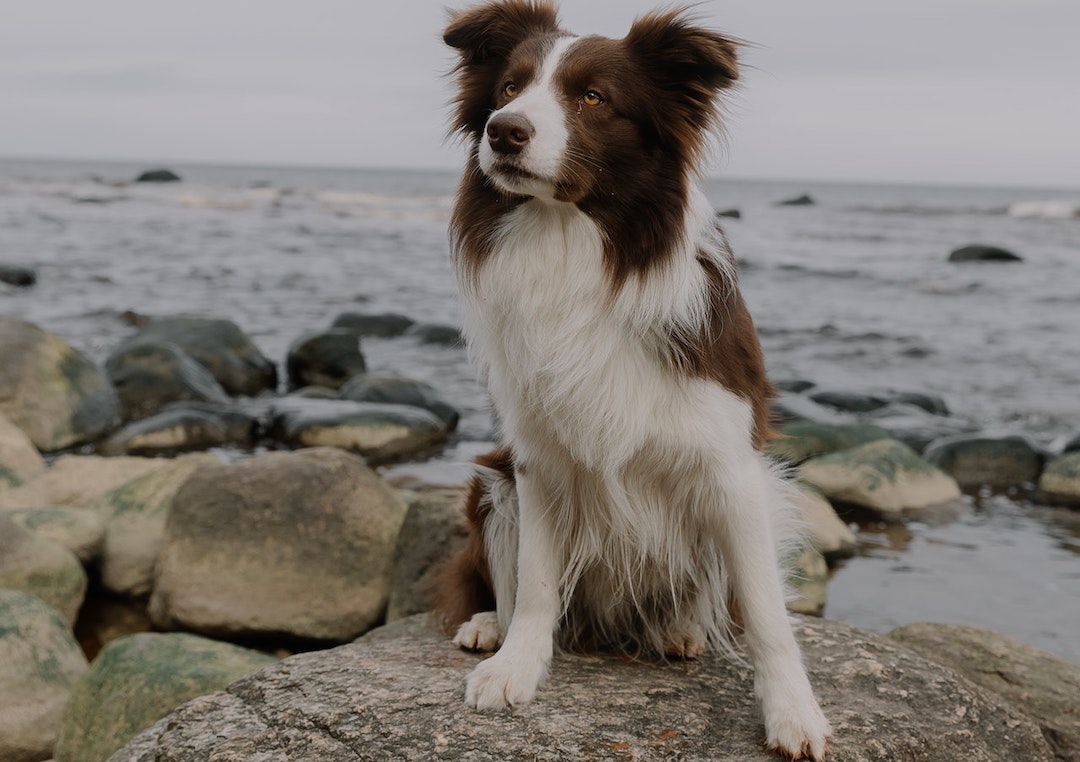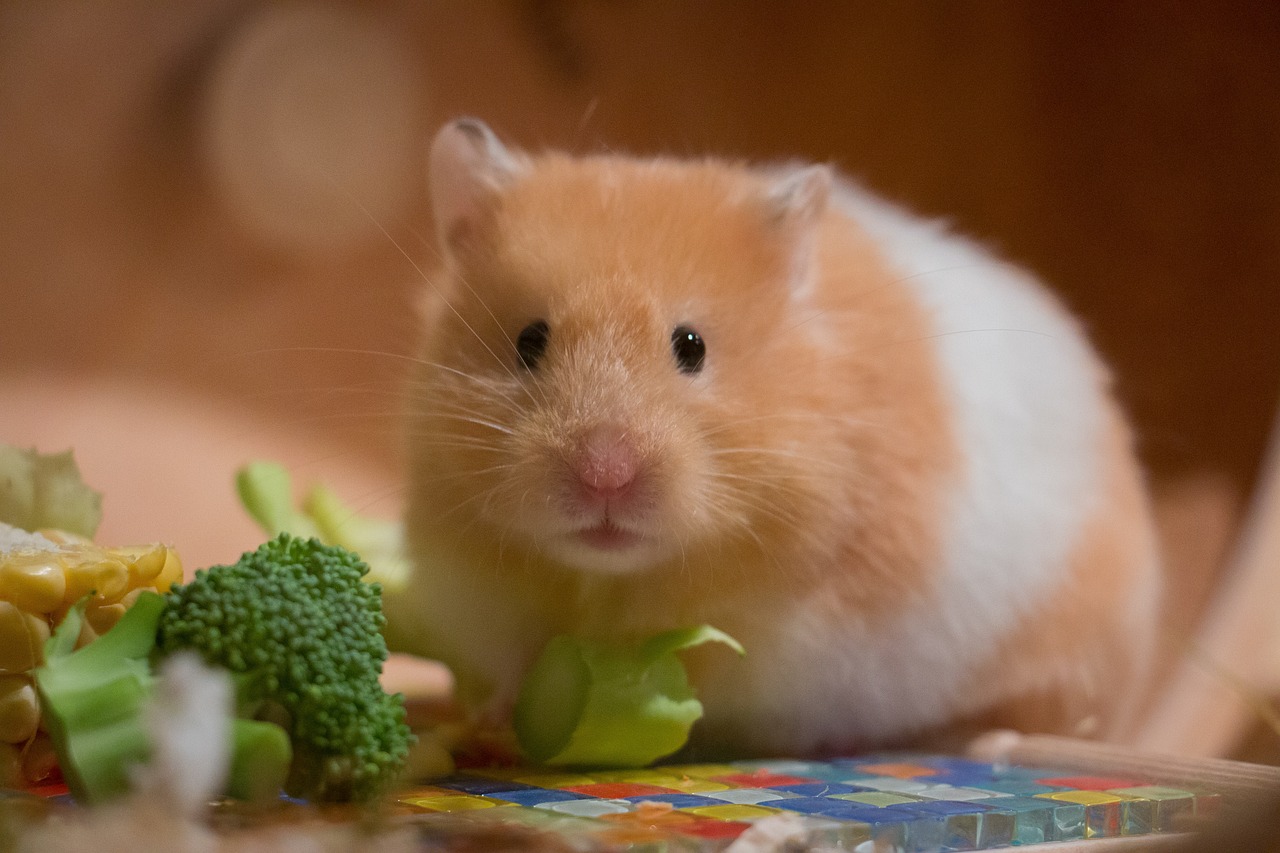
Last Updated on 2 years by Jenny Sovann
How do you handle dogs with separation anxiety? Nothing stirs our emotions more than seeing our canine friends happy and full of life. Their playful nature around us, wagging their tails without a care in the world. You’ve probably felt guilty leaving them alone because all they do is want to be close to you. It is unfortunate but true that some dogs will struggle with the idea of you being separated from them. Separation anxiety in dogs can be downright traumatic, but with the right bit of help, tips and tricks you can keep your furry friend calm. The dog may show the following behaviors: destructive behavior, excess barking, trembling, whining, restlessness, and hiding. It will also show some other behaviors that you would think are abnormal for your dog.
With that said let’s dive into some useful information that will guide you about dogs with separation anxiety to better handle your canine companion. These are crucial pointers that will wittingly reduce the chances of your furry friend chewing up your furniture or making your neighbors uncomfortable. Strap on because this ride will be bumpy before it gets smooth and cozy.
Understanding Dogs With Separation Anxiety
 We are all guilty of pretending to understand our dogs’ emotions. It is a complex notion and should not be mistaken for an abstract understanding of the whole situation. Seeing your dog acting weird does not mean you understand why it is acting weird. It is important that we dig out the cause rather than formulate our own ideas of the situation. Our dogs may suffer separation due to a number of reasons like lack of socialization, genes, change in environment, and over-dependence.
We are all guilty of pretending to understand our dogs’ emotions. It is a complex notion and should not be mistaken for an abstract understanding of the whole situation. Seeing your dog acting weird does not mean you understand why it is acting weird. It is important that we dig out the cause rather than formulate our own ideas of the situation. Our dogs may suffer separation due to a number of reasons like lack of socialization, genes, change in environment, and over-dependence.
If a puppy is not exposed to different kinds of people, it may develop anxiety-related behaviors in life. This can be coupled with a change in its environment or different routines all of a sudden. Knowing the root causes can help you implement a strategic solution to help your dog cope with these sudden changes. Do any of these seem like the smoke signal that you never saw?
Unfortunately, genetics can also be a cause for your dog’s new complicated behavior. Breeds such as Bichon Frise and Havanese have been known to show signs of separation anxiety. It would be a smart idea to consult with your vet to understand some ways to help you in this situation.
Sometimes we give and receive a lot of love and this can be a huge disaster. Dogs that become more attached to us may be more detached from real life. This may lead to cases where separation results in a distressed and restless furry friend. This does not mean that we can’t salvage your relationship with your dog into a more meaningful one.
Creating A Safe And Comfortable Environment For Your Dog
We have to make the most out of the situation before us. Let’s start by creating an environment your dog will feel relaxed. For starters having a designated safe space would be a wise choice. This can be a room in your house, a box, or a bed that’s quiet and secure. This would be a place your dog can take a breather and have a moment to arrange its thoughts. You now have to ensure that it gets the same familiar things, like toys, treats, and covers.
Now how about establishing a routine? You see if your canine companion can predict what’s going to happen it’s going to be calm and move with the flow. Having scheduled feeding times, exercise and playtime will keep your furry buddy occupied. Exercise and mental stimulation activities will help the dog keep calm. This consistency will keep anxiety levels in your dog low since it will be able to predict the “future”.
Importantly through all these steps, you have to keep your dog independent. Make them enjoy being alone more gradually. Give your furry friend a chewy toy to keep its hunting instincts up to date while you are cooped up in another room. This will keep its attention from you and maybe it will grow up to be a renowned hunter. Go ahead and use some calming products and medication too.
Desensitisation And Counter Conditioning Techniques
So we’ve done a lot up to now. You either feel some change or you feel like you have dug your hole even deeper. It’s about time we implement some tricks to speed up the process a little don’t you think? Well, we can now use desensitization and counter-conditioning techniques to help your dog get rid of its bad separation anxiety.
Desensitization will involve gradually exposing our dog to triggers that cause their anxiety in a gradual manner. As aforementioned, we had to understand what was causing our dog to behave like this. Now it’s time to gradually expose the dog to these triggers. For instance, we can leave the dog alone for short periods of time to gradually increase the duration of separation so that they can be comfortable alone.
Counterconditioning would involve associating the trigger with a positive experience. While you gradually leave your dog alone you could also use distraction and positive association techniques. This would involve giving the canine companion plenty of toys and activities to keep them distracted. This will keep their anxiety reduced and they would associate being alone with positive experiences.
Medication, Supplements & Professional Help
You may also require professional help. How about getting medication to help alleviate the dog’s anxiety during training from your veterinarian? They can provide you with supplements to make your dog feel more relaxed. This will gradually help your dog overcome its anxiety and start feeling comfortable alone more.
Increase your odds of success by getting a professional trainer to create your plan in attending to your dog’s needs. They can provide professional guidance and even help you train your dog during this critical time. Dog trainers have met more dogs with similar problems and know the best way to approach some behaviors your dog is showing.
Preventing Separation Anxiety In Puppies
Have you heard that prevention is better than cure? Well, you know now. Getting that forever friend as a youngling may be the best decision you ever made, but you have to curb separation anxiety at this stage in time.
Developing puppies are more likely to face separation anxiety as they are still learning about their environment and everything around them. They imprint people around them and items and hence a change would be a traumatic experience for them. It’s important to ensure to train them at this stage in order to have a more comfortable future.
Frequently Asked Questions?
Q: What are the best tricks for separation anxiety in dogs?
A: Desensitization and Counter Conditioning can help with separation anxiety. This would involve leaving your dog gradually until it gets used to it. This would also involve positive conditioning, associating your absence with a good positive event.
Q: How can I stop my dog from getting separation anxiety?
A: Preventing separation from an early stage is a great way. Gradually increasing time spent away from your dog will keep the dog comfortable. You can also seek professional help to help your dog condition itself in your absence.
Q: What triggers separation anxiety in dogs?
A: Routine changes, Traumatic events, lack of socialization, or even genes can cause separation anxiety. However, all this can be avoided with proper training and awareness. Taking care of these issues early will help keep the dog comfortable.
Q: How do I train my dog to be left alone?
A: Provide a comfortable and quiet place for your dog to spend alone time. Use positive reinforcement techniques such as treats while gradually leaving your dog a lot. Also, avoid over-attachment with your dog.
Q: Does dog separation anxiety ever go away?
A: It may not completely go away, but the situation can be improved to a more tolerable one. With proper training and behavioral modification techniques the dog can change making its life a lot more comfortable.
Q: What dog breeds have the most anxiety?
A: They are a couple of dog breeds known to suffer from anxiety, some of which are Chihuahuas, Bichon Frises, Greyhounds, and so on. With effective training, the anxiety and stress levels of the dogs can be reduced substantially.
Conclusion
Separation anxiety is a complex issue that can affect owners as well as their dogs. However, if you follow the guide stated to you, life would be a lot simpler and easier. Knowing the cause, creating an environment, desensitization and counter-conditioning, medication, and seeking professional help may help you achieve your end goal. A relaxed canine friend.
Overall, it’s important to prevent this behavior by making the dog independent and not overly attached to the owner. You can also avoid this by training your canine companion in its early stages of development as a puppy. Conditioning it to the ever-changing lifestyle would make life more tolerable for both you and your dog.



